Hi there,
I am new to sewing, i heard someone said good quality threads are very important, do you know which brands are good? I bought Coats and Clark Dual All Purpose. Is it good?
Thanks
Waiyi
Hi there,
I am new to sewing, i heard someone said good quality threads are very important, do you know which brands are good? I bought Coats and Clark Dual All Purpose. Is it good?
Thanks
Waiyi
Threads Insider
Get instant access to hundreds of videos, tutorials, projects, and more.
Start Your Free TrialAlready an Insider? Log in
Get instant access to hundreds of videos, tutorials, exclusive articles and more.
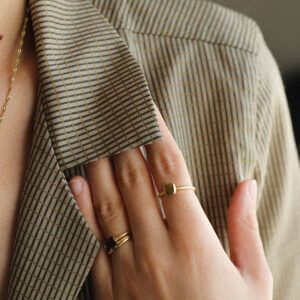
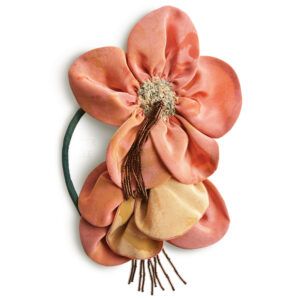
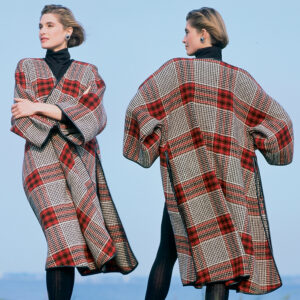
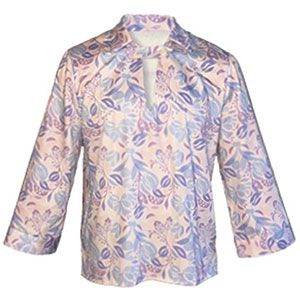
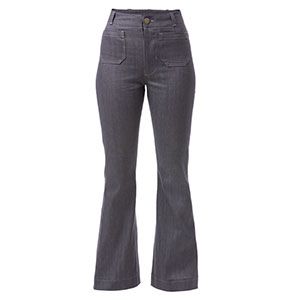
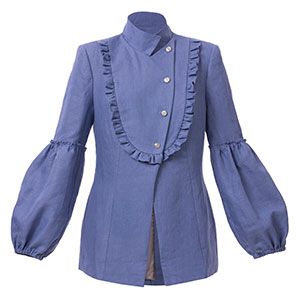
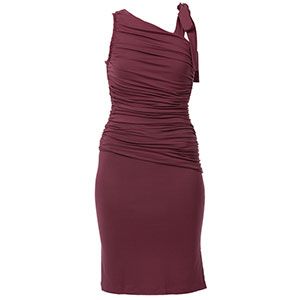
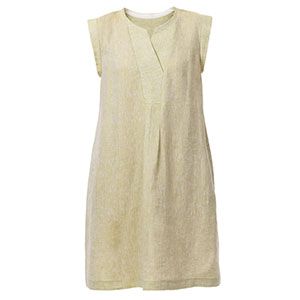
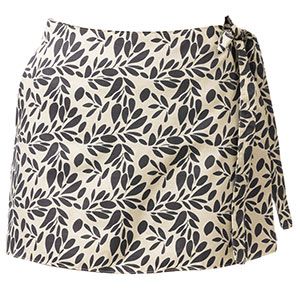
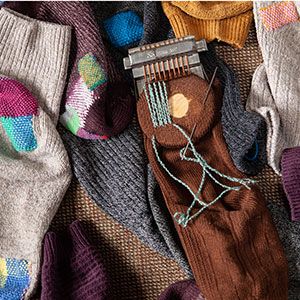
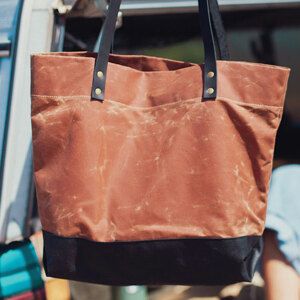
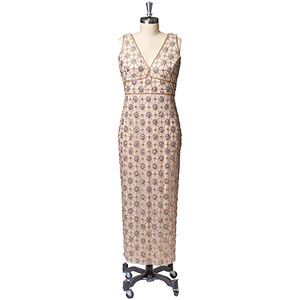
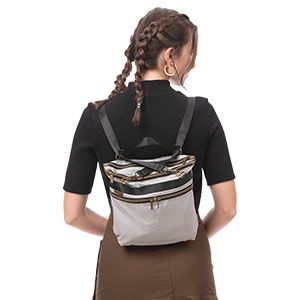
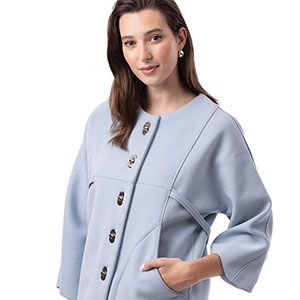
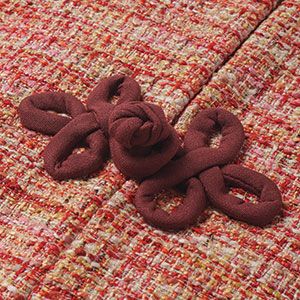
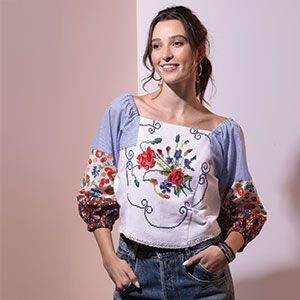
Get the latest including tips, techniques and special offers straight to your inbox.
 Sponsored Content
Sponsored Content
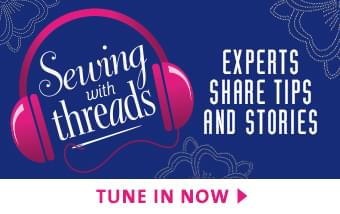



Threads
Get the latest including tips, techniques and special offers straight to your inbox.
© 2024 Active Interest Media. All rights reserved.
Replies
That is a 50 weight thread. The weight is important. Upholstery thread is, I think, 60 and higher, as is jean top stitch thread.
Dual Duty is a good thread for some kinds of sewing--sewing that requires a poly/cotton thickish kind of thread that has give and snap. Gutterman is also good for certain kinds of sewing. This thread has longer fibers that are spun together so it is a smoother thread. It is like Dual Duty but just is a higher quality thread. Mettler seems to me to be a finer thread, but I think the weight is 50 also. Then there are rayon threads that are not strong enough to hold a seam together. They are for decorative stitching. Silk thread is tuff stuff believe it or not. It also has a beautiful sheen to it. I think a sewing person should just buy a spool of some different kinds of thread and experiment. Pay attention to weight and fiber content.
Coats and Clarks is about a size 50, perhaps slightly thinner. Metrosene and Gutermann are both size 60, with is actually thinner than 50. For most thread (as far as I have been able to determine), the higher the number, the finer the thread. Any of these would be fine for most garment sewing, though heavy-duty home dec projects may call for something a bit stronger.
As important as the size of the thread, though, is its smoothness: super-discount, no-name brands can be really fuzzy, irregular and lumpy, and can cause trouble with tension and simply with making it through the eye of the needle without breaking or fraying. Darker colors, because of the rigors of the dye process, tend to be a bit more temperamental than lighter tones, so when you're looking for black and navy threads, it's worth it, in my opinion, to spring for the best quality thread you can find. Often, independent fabric and quilt shops and sewing machine dealerships will carry different brands than the chain stores, so if you're having trouble finding good thread, check your local yellow pages for these shops as possible sources.
Machine embroidery thread, both polyester and rayon, tend to be size 40, and most embroidery machines are calibrated for that size thread. Size 30 embroidery thread is also available, and provides great coverage in some situations, but you have to use a somewhat larger needle, and be sure that the motif you're embroidering is not digitized so densely that a thicker thread will cause excessive thread build-up.
There's a good article by Gale Grigg Hazen on thread in issue No.39, which is still available--and on sale during our back issue special for $4.95. Go to the THreads home page and click on the purple "Back Issue Sale" box at the upper left for more info.
Happy sewing!
Carol
I'll check, but I think that the higher the number thread the thicker it is. I did a home dec project and bought thread for that.The number was higher on that spool because the thread was really thick.
thanks all of you!! I learn a lot, I will go to check the fabrics stores this weekend.
I really have fun with my sewing machine!! :)
Lindamaries, I'd be interested to know more about that upholstery thread--I don't know much about that, and all the dressmaking threads I'm familiar with use the system of higher numbers for finer thread. Silk thread has a different scale--A through FFF.
According to David Coffin, who wrote one of the articles in issue 39 on thread, the way this sizing convention arose was that the number referred to how long a strand of thread had to be to weigh a certain amount. So the finer the thead, the longer it had to be. This is the same system used to weight the fibers of certain types of fabric: 80s pinpoint oxford, or 120s wool.
Carol
That is really interesting! I just bought that upholstery thread
down at Ben Franklin Crafts or Walmart...because we do not have a authentic fabric store in our town. We use to have Hancocks and Minnesota Fabrics, but now we have nothing. The nearest real fabric store to us is 30 minutes away and then it is just Hancocks and Jo Anns. If I want anything that is good fabric and thread like silk or wool crepe or any natural fibers besides quilting cotton, I have to shop the web.
I can get Mettler at Jo Anns if I want to. I really haven't found a good shop on the web with a good price that sells that. I get Gutermann at http://www.cleanersupply.com. They have the very best price for Gutermann and the service is impeccable. I'll look at the upholstery stuff the next time I get back to Ben Franklin and let you know what brand and the numbers on it.
I've never even seen Mettler at any of the Joann's I've shopped at, so you're lucky to have that option, at least. Thanks for the tip about http://www.cleanersupply.com. I think we''re all always pleased to have a new source for supplies.
Carol
I just placed an order from them for some thread. Before when I did this, I received the package immediately within a few days of the order. They shipped three spools to me and then because the one distribution place didn't have the other part of the order, flashed the back order to the other distribution place which shipped as fast as they could. I really wasn't in a hurry, but was impressed with how they did things.
Now though, I am waiting on this new order. I'm thinking that this long shore standoff is causing problems. I think the manufacturer for Gutermann is Germany. I think Mettler is Germany, too.
Maybe all of us sewers are going to be hurting for thread if there is a strike. I suppose, though, there is always the fuzzy Walmart brand.
Edited 10/5/2002 9:48:21 AM ET by lindamaries
I have a question for anyone who has worked with metallic threads. I have never used them, but would like to purchase the strongest metallic thread I can to do some hand stitching. I went to a fabric/craft store and saw the regular brands such as Mettler, Coats & Clarks, etc., many of which were marked for machine embroidery. I also drifted through the jewelry making isle and saw some heavier thread there, but since the package was sealed, it was impossible to judge how strong it was. Does anyone have any suggestions as to what the strongest metallic thread is? Thank you.
" the number referred to how long a strand of thread had to be to weigh a certain amount" That's also how fibers for weaving are numbered. But they include the ply as well so "8/2" would be 2-ply of a particular size. I think the "8" is how many yards you get from a standard weight of fiber. So "20/2" would be much finer. rjf
Carol,
Actually Mettler comes in several weights (sizes). The 100% cotton silk finish is size 50/3ply. Their embroidery weight thread is 60/2. The polyester thread is 100/3. The higher the number, the finer the thread. Usually, for garment construction using cotton thread, 50/3 is recommended.
There are also cotton threads available in 30 weight that work well for when a heavier thread look is desired, such as buttonhole applique. I also have some 12 weight thread.
I prefer to match thread to fabric. That is, if I'm sewing with 100% cotton fabric I use 100% cotton thread. If I'm sewing on rayon or poly, I use polyester thread. Rayon thread is not for construction! Use it for embroidery or embellishment only.
Hope this helps.
Peg
There's a lot to know about thread, for sure. For anyone interested, Carol Ahles has written an article on thread that will be coming out in Threads in a couple of months (maybe 4 months, actually)....keep your eye out.
Carol
This post is archived.